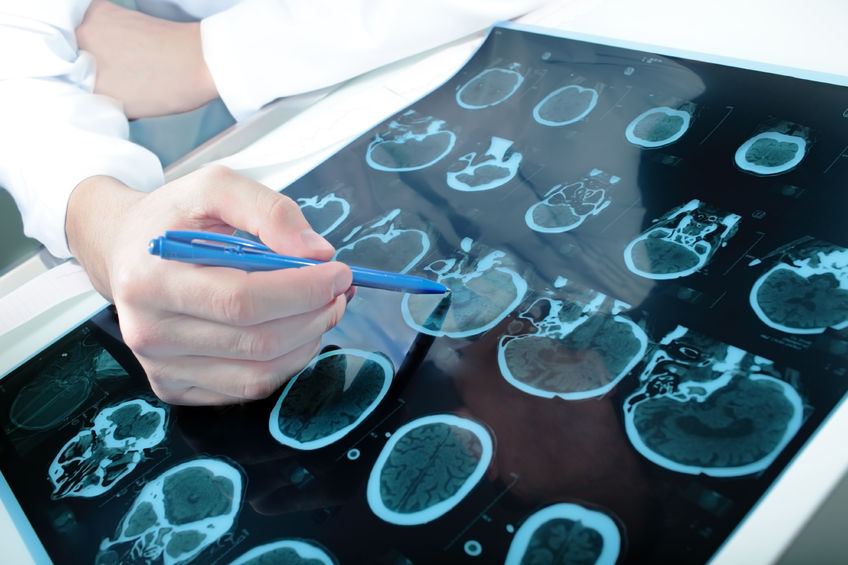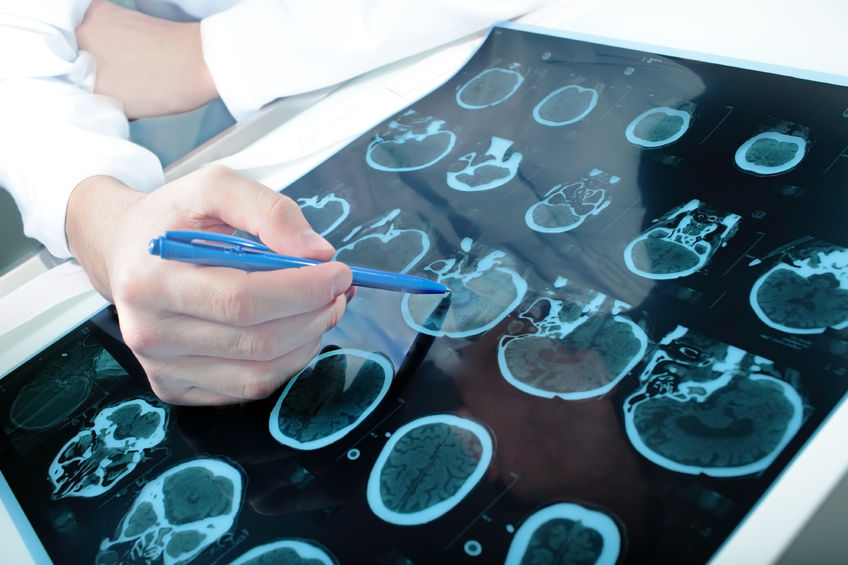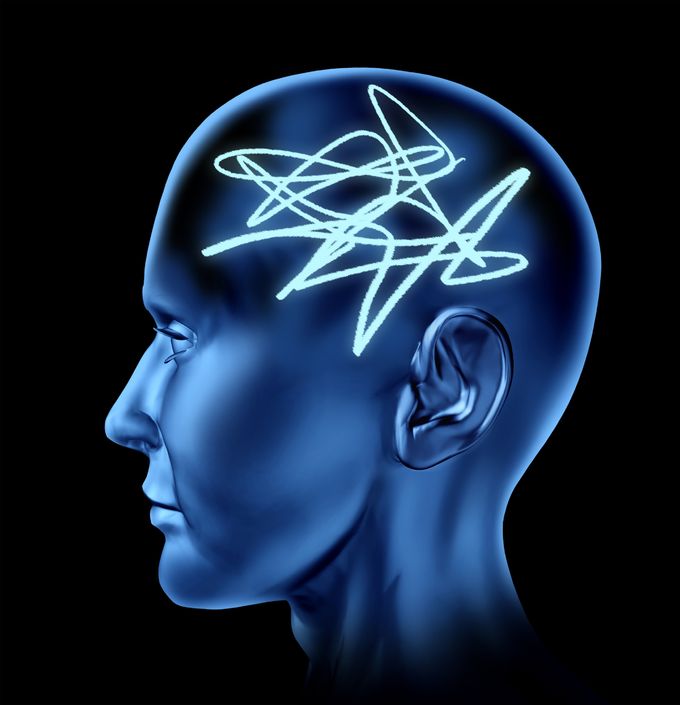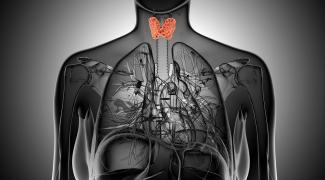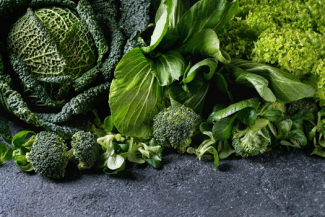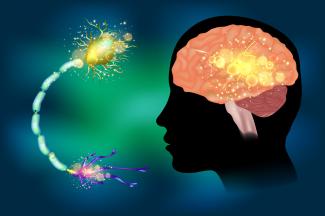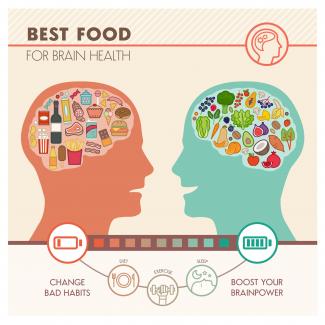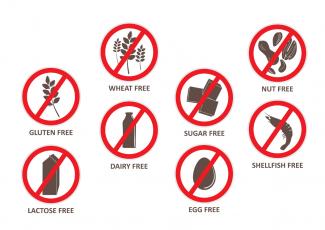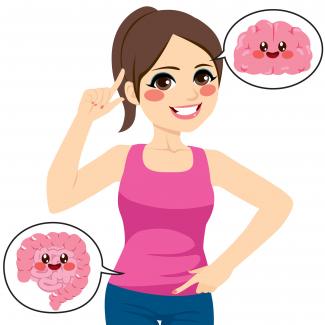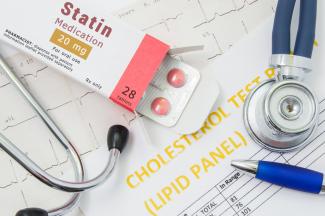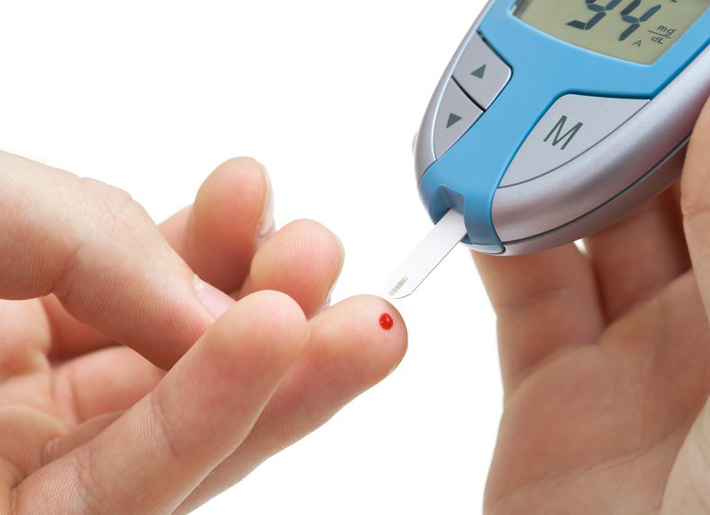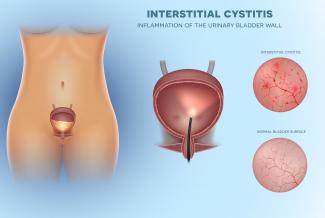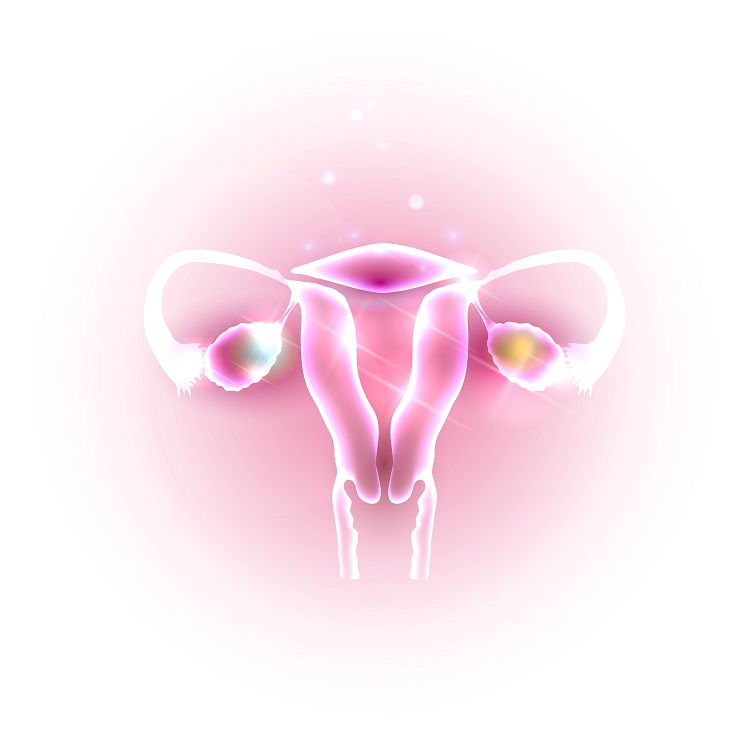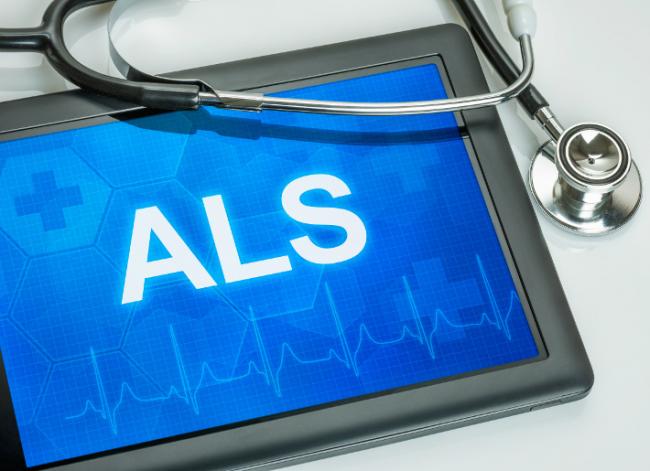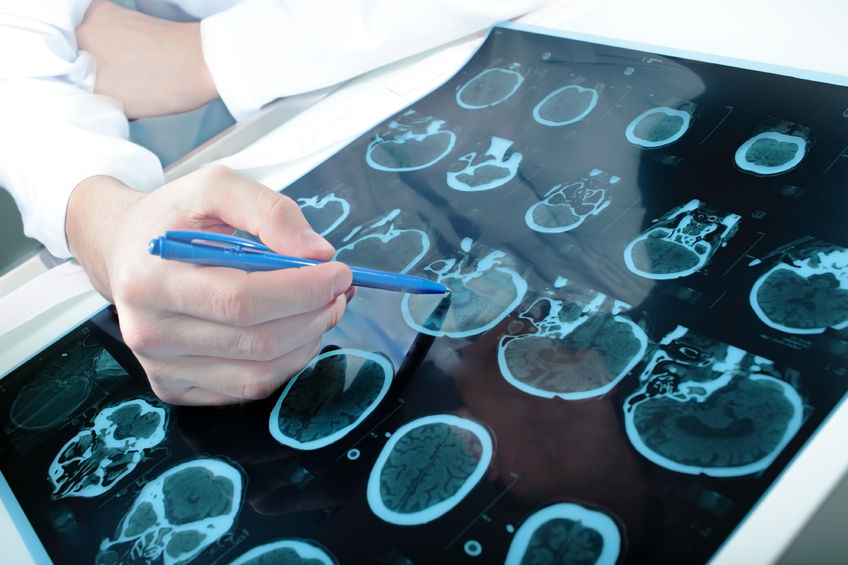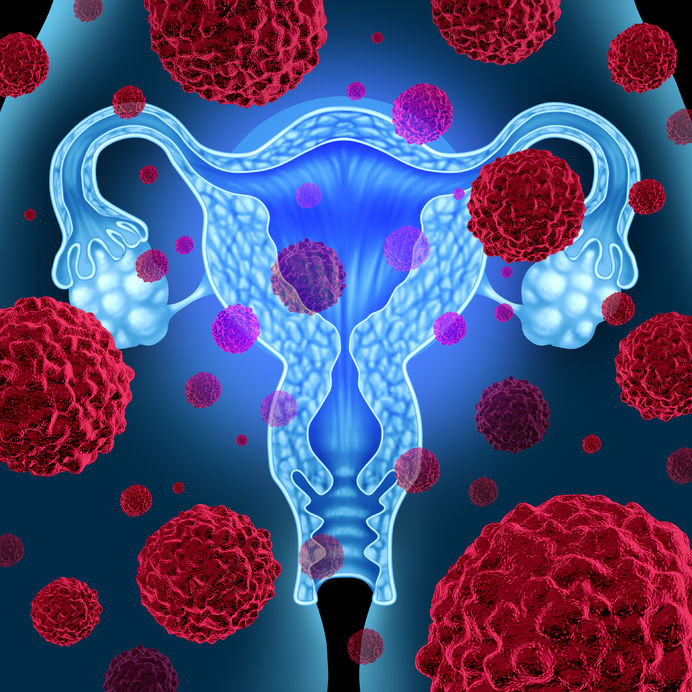Related Articles
- 17 Jul 16
- 14 Jun 21
May 22 was the International Day for Biological Diversity. Plants in nature always serve a purpose, and when plants pop up in the garden that were not intentionally planted by the gardener, some people can see it as a nuisance.
- 05 Aug 14
- 22 Dec 15
Prions refer to abnormal pathogens that are transmissible and cause problems in the brain. Transmissible spongiform encephalopathies are a group of diseases associated with the protease-resistant protein (PrP). The exact function of PrP is unknown, although it is thought to be involved in the transport of copper into cells, neuroprotection and neuronal communication.
- 02 Mar 18
The thyroid gland is one of the smallest glands in the body, but it has some of the most powerful influences on the way a person feels. Conventional medicine relies heavily on the use of labs to diagnose and manage thyroid problems. But more and more people are turning to naturopathic medicine to help...
- 01 May 21
With spring come seasonally grown local foods and green leafy vegetables (GLV) become more desirable for quality, and especially for their overall health benefits. Examples of GLV include salads, kale, broccoli, collard greens, spinach, mustard greens, etc.
- 17 Oct 19
 A cough is one of the most common reasons people visit their doctor. Coughs are annoying, they’re loud and can disrupt sleep for an entire household. With most viral infections, a cough can stick around up to 2 weeks after the infection has cleared. But when a cough lasts longer than 8 weeks, it warrants further investigation.[1]
A cough is one of the most common reasons people visit their doctor. Coughs are annoying, they’re loud and can disrupt sleep for an entire household. With most viral infections, a cough can stick around up to 2 weeks after the infection has cleared. But when a cough lasts longer than 8 weeks, it warrants further investigation.[1] - 20 Sep 19
 What comes to mind when you hear the word “seizure?” Having a seizure and/or witnessing a seizure can be a scary event. When a seizure happens, the neurons in the brain excessively and abnormally fire anywhere from a few seconds to several minutes, which causes changes in bodily control, behavior, sensation, and perception.
What comes to mind when you hear the word “seizure?” Having a seizure and/or witnessing a seizure can be a scary event. When a seizure happens, the neurons in the brain excessively and abnormally fire anywhere from a few seconds to several minutes, which causes changes in bodily control, behavior, sensation, and perception. - 02 Aug 19
Forgetfulness is often considered a normal part of aging. As we get older, we might all expect to notice changes in our memory, ability to focus, multitask and problem solve. Dementia is when these changes in cognition begin to impact daily functioning. With an aging population, dementia is expected to become the leading cause of disability worldwide by 2020 (4). Current treatments for dementia are limited and do not have great success rates. Finding ways to prevent, or at the very least slow the process of, age-related cognitive decline is tremendously important.
- 21 Apr 18
Today, most schools are nut-free facilities, and laws have been passed to ensure proper labeling of all ingredients in a product. Still, many families struggle with the idea of keeping certain foods off the dinner table.
- 19 Sep 19
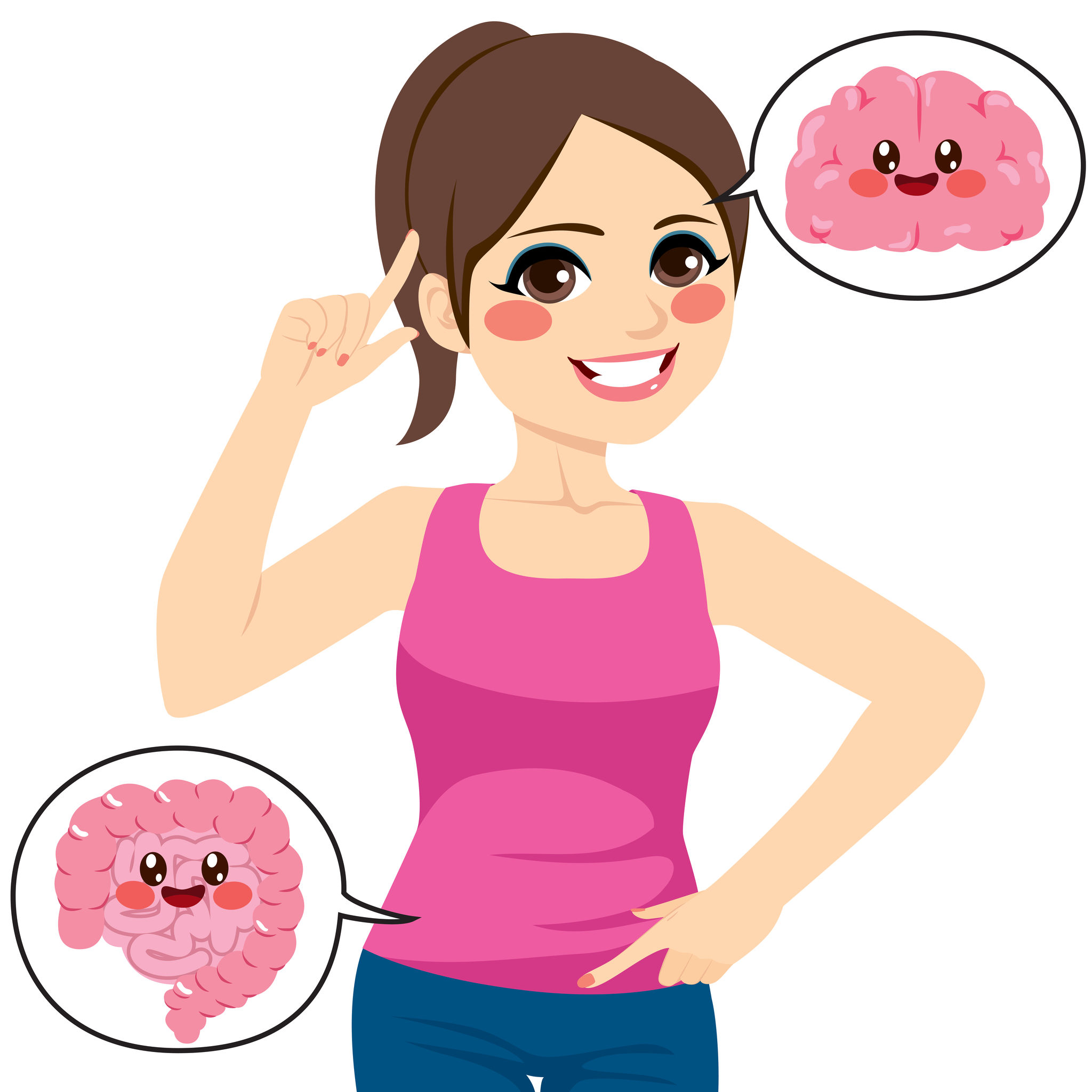 Naturopathic doctors are holistic practitioners and see the body with all its connections. We believe the basis of all disease and illness begins in the gastrointestinal tract and the organs of detoxification. After all, if the entire tube from your mouth to your rear end is considered the outside of your body, the only way you have access to the food you eat is through the processes of digestion and absorption
Naturopathic doctors are holistic practitioners and see the body with all its connections. We believe the basis of all disease and illness begins in the gastrointestinal tract and the organs of detoxification. After all, if the entire tube from your mouth to your rear end is considered the outside of your body, the only way you have access to the food you eat is through the processes of digestion and absorption - 02 Aug 19
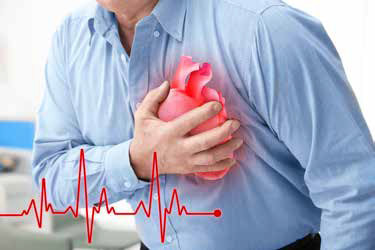 Statin Side Effects It is no surprise to us that cardiovascular disease tops the list of killers in the world. Every one of us knows at least one other person in our families that has been affected by a heart condition. In 2013, Stats Canada estimated this second leading cause of death to affect more than 2.4 million Canadians (1). This number is expected to increase over the next few decades as the effects of sedentary office jobs and unhealthy eating patterns takes its toll.
Statin Side Effects It is no surprise to us that cardiovascular disease tops the list of killers in the world. Every one of us knows at least one other person in our families that has been affected by a heart condition. In 2013, Stats Canada estimated this second leading cause of death to affect more than 2.4 million Canadians (1). This number is expected to increase over the next few decades as the effects of sedentary office jobs and unhealthy eating patterns takes its toll. - 20 Sep 19
 The value of breastmilk continues to grow as we discover additional properties and health benefits. It contains all the nutrients that a newborn requires, except for vitamin D, and life protecting antibodies that are custom made by mom in response to the unique dangers of her environment. However, recent research continues to uncover hidden treasures within this elixir of life. This article will review new studies and discuss the implication for infant development.
The value of breastmilk continues to grow as we discover additional properties and health benefits. It contains all the nutrients that a newborn requires, except for vitamin D, and life protecting antibodies that are custom made by mom in response to the unique dangers of her environment. However, recent research continues to uncover hidden treasures within this elixir of life. This article will review new studies and discuss the implication for infant development. - 05 Jul 19
As summer wears on, the long hot days fade into warm nights. For those of you who spend a lot of time outside, it can seem like you never really get a break from the heat. Hopefully, when you really get hot you can find some air conditioning, get into a shady spot, or cool off in some water. It is also important that you have plenty of cool water to drink, otherwise you can quickly become dehydrated and risk developing heat exhaustion or heat stroke.
- 02 Sep 15
 Type 2 diabetes is a condition where the body does not make enough insulin or is not sensitive to the insulin that is produced. Because insulin is needed to drive glucose into the many of the body’s cells, this leads to a state of chronic hyperglycemia (elevated sugar) in the blood. Early signs of hyperglycemia include polydipsia (increased thirst),
Type 2 diabetes is a condition where the body does not make enough insulin or is not sensitive to the insulin that is produced. Because insulin is needed to drive glucose into the many of the body’s cells, this leads to a state of chronic hyperglycemia (elevated sugar) in the blood. Early signs of hyperglycemia include polydipsia (increased thirst), - 17 Oct 19
 Over the last number of years, the topic of acid-base balance has become a very popular health topic. The bulk of the focus has been on dietary means to support the body’s internal acid-base environment, so as to promote a more alkaline (base) milieu. Both diet and supplement measures have been theorized and/or explored for general health and in the management of specific concerns, such as osteoporosis.
Over the last number of years, the topic of acid-base balance has become a very popular health topic. The bulk of the focus has been on dietary means to support the body’s internal acid-base environment, so as to promote a more alkaline (base) milieu. Both diet and supplement measures have been theorized and/or explored for general health and in the management of specific concerns, such as osteoporosis. - 05 Jul 19
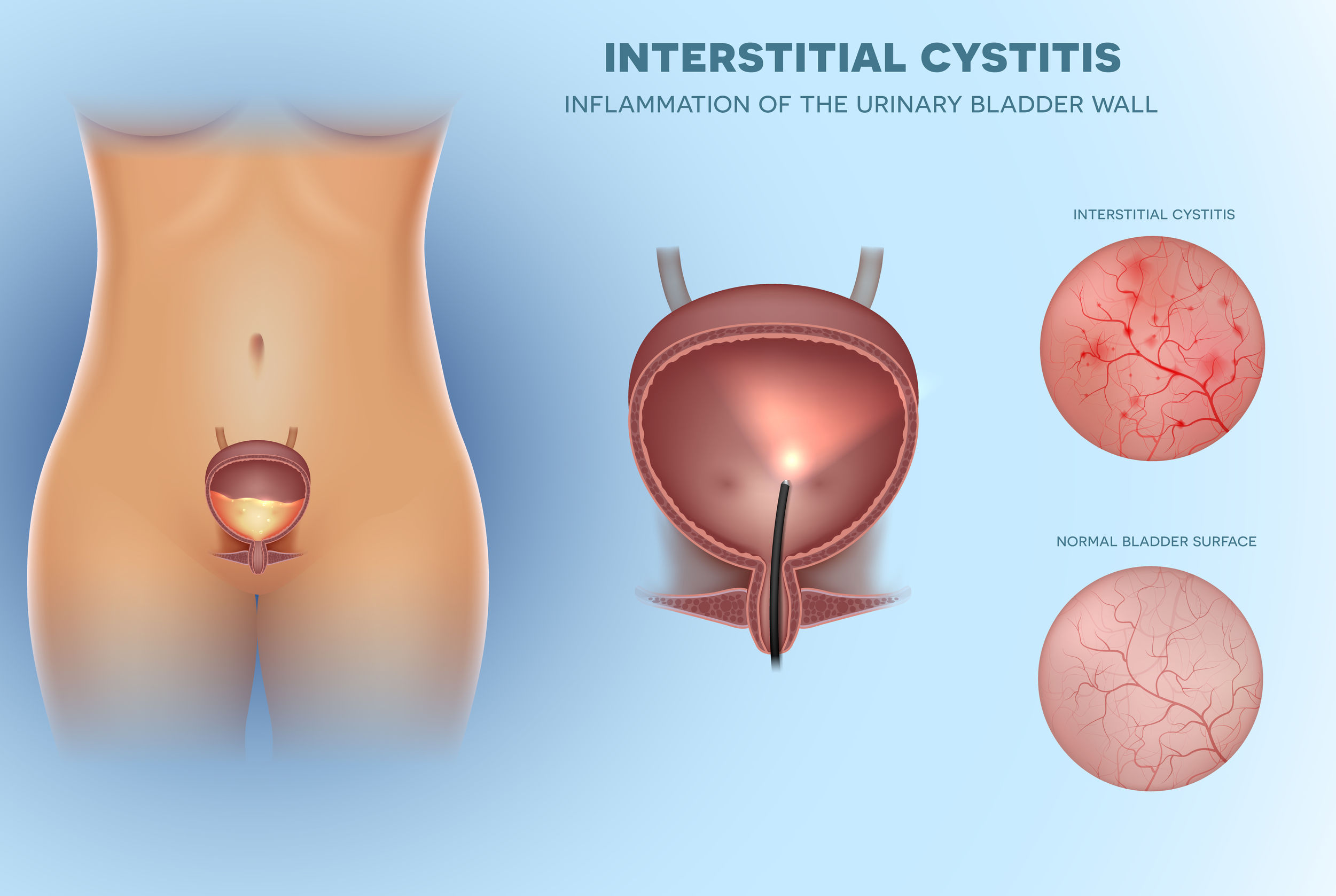 Interstitial cystitis (IC), also known as bladder pain syndrome, causes a reduced bladder capacity accompanied by symptoms of frequent, painful urination, and may or may not include blood in the urine (either seen by the naked eye or identified by urinalysis). The theory behind IC primarily emphasizes bladderwall inflammation as the root cause of symptoms. On physical examination, individuals with IC often have no physical findings, but a vague suprapubic (an area of the abdomen, just above the top of the pubic bone) tenderness may be present. The urinalysis (urine test) is often negative but may identify small/trace amounts of blood within the urine.[1]
Interstitial cystitis (IC), also known as bladder pain syndrome, causes a reduced bladder capacity accompanied by symptoms of frequent, painful urination, and may or may not include blood in the urine (either seen by the naked eye or identified by urinalysis). The theory behind IC primarily emphasizes bladderwall inflammation as the root cause of symptoms. On physical examination, individuals with IC often have no physical findings, but a vague suprapubic (an area of the abdomen, just above the top of the pubic bone) tenderness may be present. The urinalysis (urine test) is often negative but may identify small/trace amounts of blood within the urine.[1] - 28 Feb 19
Toxins are all around us. Whether it’s the car fumes you inhale, the frozen dinner you eat, or the negative thoughts you have at work, toxins are everywhere.
- 11 Oct 18
Polycystic ovary syndrome (PCOS) is a condition represented by both reproductive and endocrine symptoms. It currently impacts at least 5–10% of reproductive-age women.[1]
- 08 Nov 18
Inflammation has become a hot topic in the medical world, and the body of research around it continues to grow. We used to think that arthritis and joint inflammation began and ended in the joints, with no other influences or connections.
Newsletter
Most Popular
- 26 Sep 13
- 08 Jan 15
- 17 Jun 13
- 17 Jun 13
- 17 Jun 13
- 01 Jul 13
- 17 Jun 13
- 17 Jun 13
- 17 Jun 13
- 01 Jul 13
- 17 Jun 13
- 17 Jun 13
- 17 Jun 13
- 01 Jul 13







